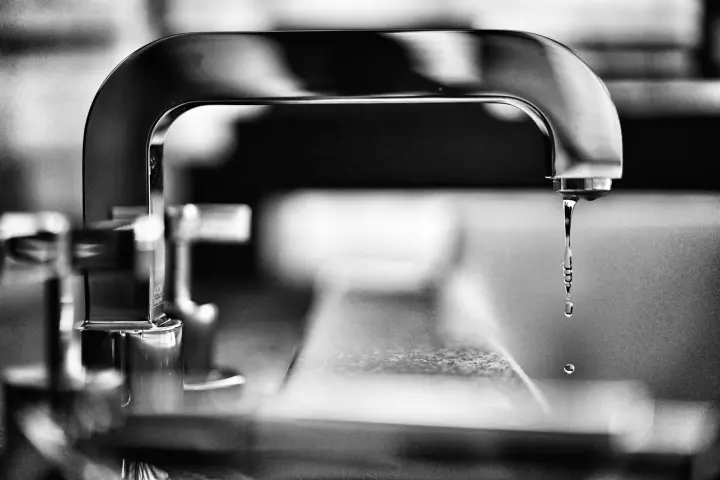Plumbing systems are essential components of every home. They supply clean water to appliances and fixtures in your home that help you live a healthier life.
Traditional plumbing materials have not always been environmentally-friendly.
Utilizing non-sustainable and petroleum-based products can have serious environmental ramifications. While switching to more eco-friendly options may not always be convenient, choosing greener ones can still make our world better.
Copper
Copper is an economical metal used in many applications. As it conducts heat and electricity efficiently, copper makes an ideal material for electronics and wiring applications.
Aluminum pipe is also an ideal choice for water pipes as it doesn’t rust easily and joins seamlessly, which makes it the ideal material to use in systems with highly corrosive water environments.
Silver is also an indispensable element in renewable energy systems as an excellent conductor of heat and electricity, used to produce solar panels, wind turbines, biofuel generators, microprocessors for smartphones and computers, biofuel generators.
Iron
Iron is one of the most abundant elements on Earth and forms part of transition series 1 within group 8 on the periodic table. It has an array of oxidation states from -2 to +7 and chemically shares many properties with other transition metals like ruthenium and osmium.
An essential mineral for human health and wellbeing, iron is crucial in producing red blood cells to transport oxygen throughout your body and supporting muscle metabolism, healthy connective tissues and an efficient immune system.
There are a few things you can do to increase the amount of iron you absorb through diet. Either eat foods rich in vitamin C (such as citrus fruits, tomatoes and kiwi fruit) or take a supplement of vitamin C.
Brass
Brass is an alloy composed of copper and zinc that offers numerous benefits to plumbing applications. These benefits include its resistance to rusting, corrosioning, durability and strength.
Brass can also be recycled, which reduces its environmental footprint in mining and production processes. Reusing brass allows it to be reused many times without losing quality; furthermore, its energy use compared with metals such as steel or aluminum is significantly lower.
Recycling plumbing materials is essential for homeowners as it saves them money and helps the environment by decreasing copper and zinc ore mining, which leads to habitat destruction, water pollution and greenhouse gas emissions. When selecting plumbing products from vendors they stand behind their product with warranties to back it up – beware!
Polypropylene
Polypropylene is an extremely strong and adaptable plastic material, with applications spanning both flexible and rigid surfaces. This versatility has seen Polypropylene become increasingly popular as packaging for food, clothing and tobacco products; and in parts for various household appliances.
Medical plastic is also widely utilized for its sanitary and safety benefits in the medical industry, where it can withstand high temperatures in autoclaves, pressure chambers or dishwashers – making it an ideal material for many different containers.
Reducing carbon emissions through recycling takes approximately 20 to 30 years, making it an attractive solution for those aiming to lower their footprint and conserve natural resources.
PEX
PEX (cross-linked polyethylene) has quickly become one of the most sought-after plumbing materials for use in both residential and commercial construction, offering many advantages over its counterparts, including lower energy costs and longer lifespan.
PEX requires less energy for its manufacture, allows fewer heat losses, and helps avoid corrosion issues on copper faces. Furthermore, its insulation properties help decrease both water volume and energy usage as per LCI report.
Copper has numerous advantages; however, its mining, refining, and transformation into pipe requires significant energy resources. Furthermore, copper pipes tend to last less than plastic ones due to corrosion and pinhole leaks which shorten their lifespan significantly.




